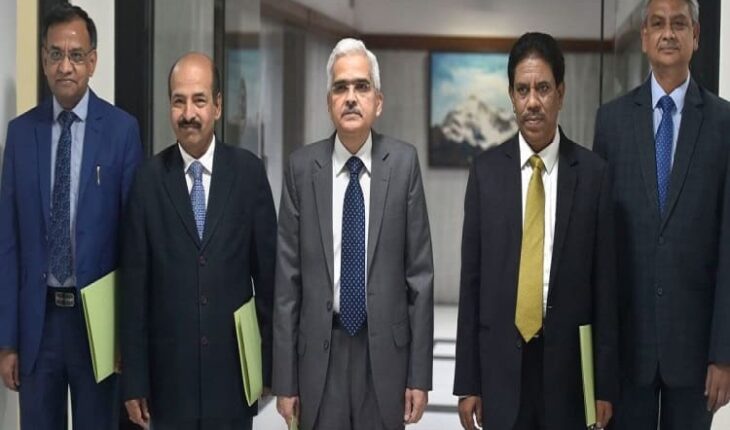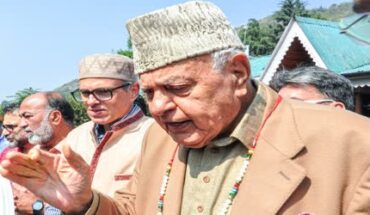The Reserve Bank of India’s Monetary Policy Committee (MPC) has unanimously opted for a temporary pause in its inflation-fighting monetary tightening by maintaining the repo rate. RBI Governor Shaktikanta Das emphasized that the pause was “for this meeting only,” reaffirming the commitment to progressively align retail inflation with the target of 4%. The decision to wait and watch was influenced by developments in the global financial system, particularly banking sector turmoil and the resulting volatility and uncertainty. Despite the assertion that India’s banking and non-banking financial service sectors remain healthy and resilient, the World Bank’s recent growth forecast cut to 6.3% for 2023-24 was influenced by rising credit costs posing risks to consumption demand and private investment. With ongoing geopolitical tensions and potential recession risks, the RBI’s policymakers have temporarily prioritized growth momentum over inflation concerns. However, the monetary authorities only have a small window to determine whether their prediction of moderating inflation is accurate. With elevated core inflation across goods and services, the MPC faces the challenge of achieving durable disinflation. The RBI’s latest Monetary Policy Report highlights upside risks to inflation, including higher global crude and commodity prices, extreme weather conditions, and deficient monsoon rains. The recent OPEC+ output cut announcement has led to a jump in crude prices, potentially affecting the RBI’s assumption of an $85 per barrel average this year. The outlook for food prices is uncertain due to unseasonal rains, the likelihood of El Niño, and increased milk prices resulting from fodder cost pressures. Policymakers must remember, as the RBI chief stated, that price stability remains “the best guarantee for sustainable growth.” Therefore, it is crucial for policymakers to carefully balance inflation management and growth support to maintain India’s economic stability and sustainable development. The question is: will they consider it a priority over their political interests?
Balancing Inflation, growth key amidst global challenges
Published Date: 22-04-2023 | 11:18 am





